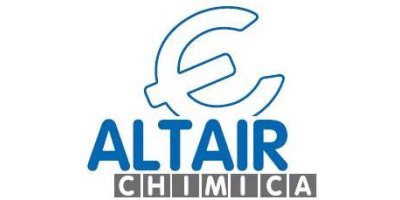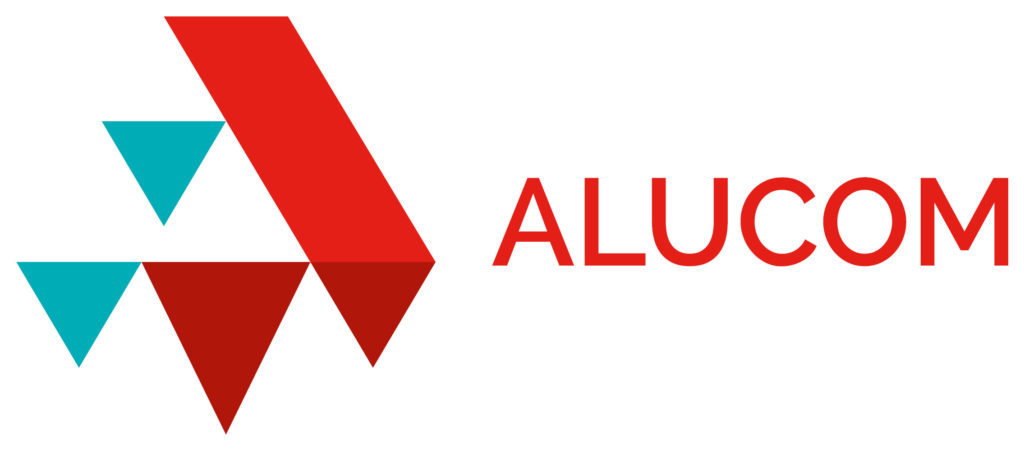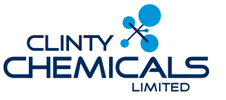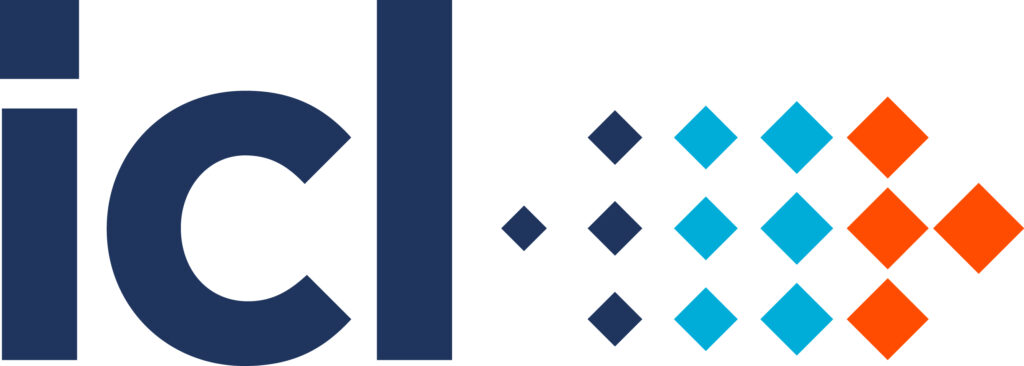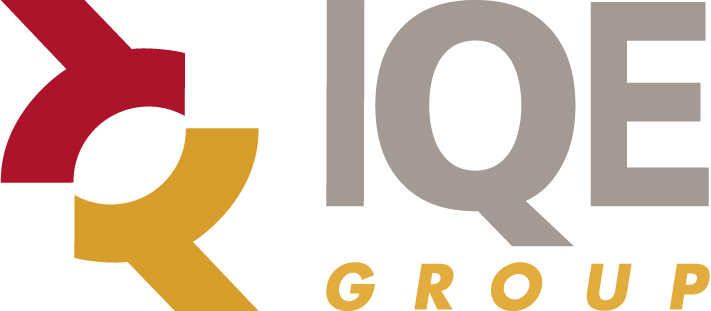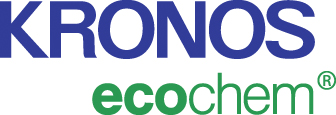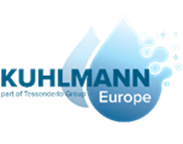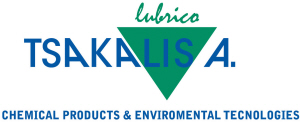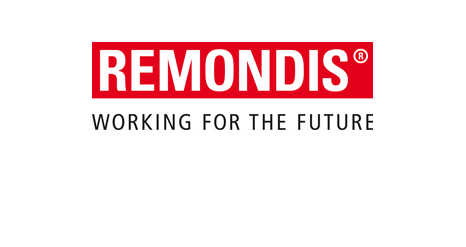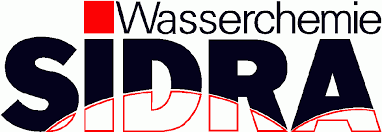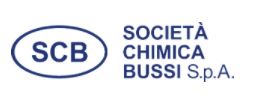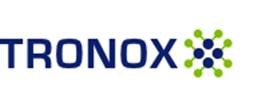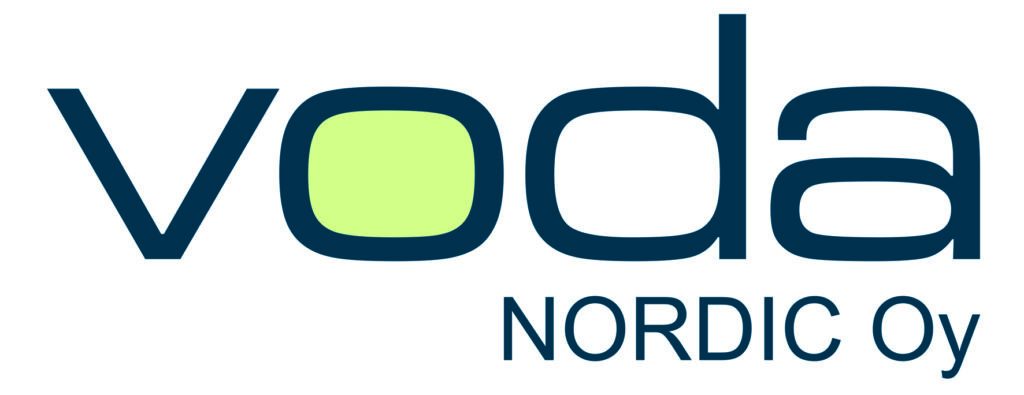Our industry creates values
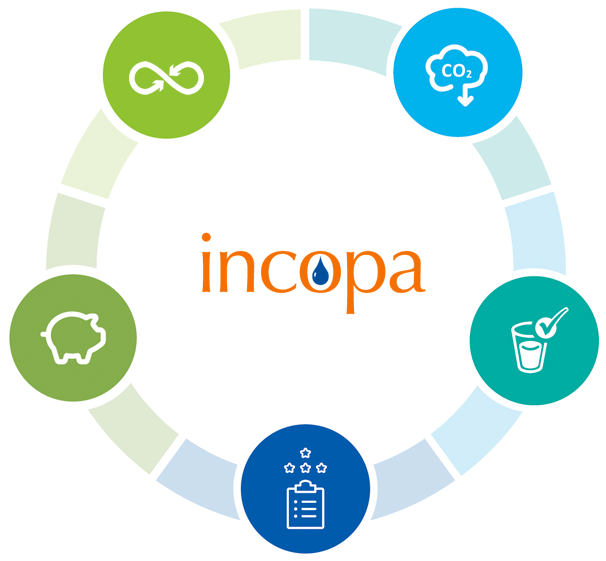
RESOURCE EFFICIENCY
Chemical water pre-treatment allows to treat the same amount of wastewater with:
18% less energy required
25% less tank volume needed
32% more biogas production
RELIABILITY
Inorganic coagulants are pivotal for safe drinking water and efficient wastewater purification. They
are produced in Europe, thus ensuring a reliable local supply.
SAFETY
Coagulants are essential for protecting human health and improving environmental performance. INCOPA members are committed to the highest product quality and environmental standards in Europe.
COST-EFFICIENCY
Chemical water treatment is the most cost efficient and state of the art technology. Coagulant use represents only 0.5% of the total cost of water purification (0.5€ on 100€, per person per year).
CIRCULARITY
Our products contribute strongly to the Circular Economy.
Iron and aluminium coagulants’ raw materials are
mostly sourced from by-product streams, and therefore contribute to save virgin resources.
Latest News
INCOPA welcomes the new phosphorus emission limits of the revised Urban Waste Water Treatment Directive voted at the EU Parliament
INCOPA acknowledges the vote of the European Parliament of 10th April
INCOPA publishes an updated LCA study with IVL
IVL Swedish Environmental Research Institute has scrutinized the clima
Our key numbers
1 Billion EUR
The industry contributes 1 billion EUR to the European economy
80 Production units
In Europe, our members operate 80 production units and produce 4 million tonnes of coagulants
70% of our Raw Materials
70% of our raw materials are high quality by-products from other industries.
1st to use Chemical Purification
The first to use chemical purification were the Egyptians around 1500 BC
71% of the Global Population
In 2015, 71% of the global population
(5.2 billion people) used a safely managed drinking water service
4 Billion People
We estimate around 4 billion people have access to drinking water treated with coagulants.


